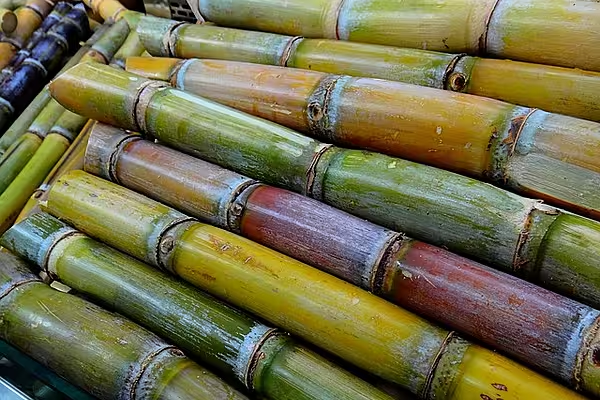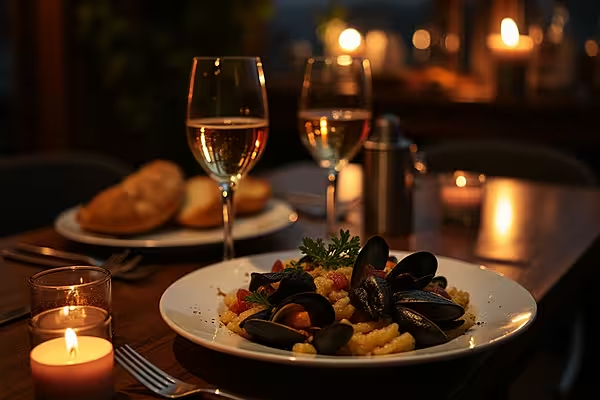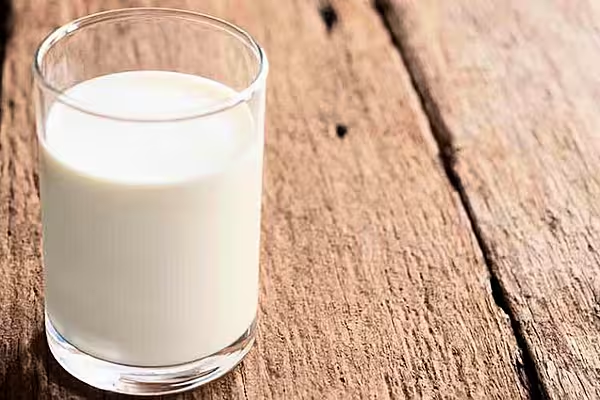Australia is pinning its hopes on sugar to revitalise exports to Indonesia, as it seeks momentum for a free-trade agreement that has been mooted for nearly a decade.
With two-way trade at its lowest since 2009, Australian Trade Minister Steve Ciobo hailed a recent deal to reduce sugar tariffs from 8% to 5%, bringing the country into line with rate for South-East Asian nations. “[Australia is now working on a conclusion of the broader pact] by the end of this year,” Ciobo said.
“The gains in terms of sugar – to have the Asean tariff rate extended to Australia – are important because Australia was losing market share in Indonesia, losing it to Thailand,” Ciobo said recently in an interview in Jakarta, referring to the Association of Southeast Asian Nations (Asean).
Amid slumping global trade, Australia and Indonesia are accelerating efforts to reach an agreement on a comprehensive economic partnership – in essence, a free-trade deal. It was first mooted in 2007 and reactivated last year, after negotiations stalled amid political disputes over spying allegations and Indonesia’s execution of Australian drug smugglers.
Australia is Indonesia’s ninth-biggest trading partner. The countries had two-way trade in 2015, of $9.3 billion, although that is down from $12.26 billion in 2012.
Low-Hanging Fruit
A flurry of recent ministerial visits – Ciobo said that he had met or spoken with his Indonesian counterpart 15 times since July – was capped last week, with the second meeting in two weeks between Indonesian President Joko Widodo and Australian Prime Minister Malcolm Turnbull, this time in Jakarta.
“There’s always offensive and defensive interests in any negotiation – that’s completely understandable – but there is a commitment to getting a deal done, and that’s what were both focused on,” Ciobo said.
Still, the deal on sugar may not give major traction to the broader agreement, according to Arianto Patunru, an economics fellow at the Australian National University. “Sugar is easy to deal with, it’s a low-hanging fruit.”
"Indonesia’s approach to trade agreements is quite different to the approach taken by Australia,” Patunru said. “Indonesia, usually, and Asean countries, they try to multilateralise their agreements, and they’re not really heavy on bilateral.”
Indonesian Trade Minister Enggartiasto Lukita said, “[The frequent contact with Ciobo shows] how willing we are to bring our trade and investment relations to the next level.” He cited agricultural supply chains, education and tourism as sectors on the agenda.
‘Close Neighbours’
“I do not believe that this is a zero-sum game,” Lukita said last week at a business dinner in Jakarta. “This is about developing a future partnership between friends, between two close neighbours, the two largest economies in South-East Asia.”
The sugar deal was struck under the auspices of an existing deal between Asean, Australia and New Zealand. It will come into effect by the end of the year, according to a spokesman for Agriculture Minister Barnaby Joyce.
The higher tariffs had seen sugar exports to Indonesia slump to 300,000 tonnes a year, from 1.25 million tonnes before Indonesia cut the tariff for Thailand in 2015, according to Warren Males, head economist at Canegrowers, Australia’s chief sugar lobby.
The industry is relatively small, but highly dependent on exports. Australia is expected to export four million tonnes this year, making it the world’s third-largest sugar exporter, according to the US Department of Agriculture.
Live Cattle
"We’ve got good relationships with Indonesia’s refineries," Males said. "It’s really been the tariff that’s caused the decline in Australian trade."
In Jakarta, Turnbull talked up the prospects for the broader trade deal. He said that Widodo, known as Jokowi, is “enthusiastic” about ties and strengthening the prospects for a pact.
While Australia has agreed to eliminate tariffs on pesticides and herbicides coming from Indonesian suppliers, Turnbull singled out the agreement on sugar as well, and new rules that would enable more live cattle exports from Australia are evidence that Jokowi “understands that trade means jobs”.
“He is pushing back against the tide of populist protectionism that you see swirling around the world at the moment, and he knows that protectionism is not an answer. It’s a dead end,” Turnbull said at the Jakarta business dinner.
The neighbours are also seeking progress on a 16-nation pact led by South-East Asia and backed by China, while Australia is hoping to revive the Trans-Pacific Partnership. The TPP, which does not include China, was thrown into disarray after President Donald Trump abandoned the deal, seen as a key plank of US engagement in Asia.
Chile Meeting
Ciobo will be in Chile this week for a meeting of remaining TPP countries. China has been invited.
The Chile gathering comes amid concerns about the direction of US trade policy under Trump, who has threatened a trade war with China and attacked the World Trade Organisation.
“We’ll be having the meeting in the context of still having some questions about US trade policy, which, in due course, will be made more clear,” Ciobo said. “We’re buoyed by China’s desire to continue engaging in and around trade, so they’ll be an important voice at the Chile meeting.”
Despite the setbacks around the TPP, Ciobo said that he did not view it as a race between competing deals. China is championing the separate Regional Comprehensive Economic Partnership.
“We can walk and chew gum at the same time,” Ciobo said. "They are all part of the landscape that is global trade. If we turn our backs on trade, we turn our backs on economic prosperity and on jobs.”
News by Bloomberg, edited by ESM. Click subscribe to sign up to ESM: The European Supermarket Magazine.














